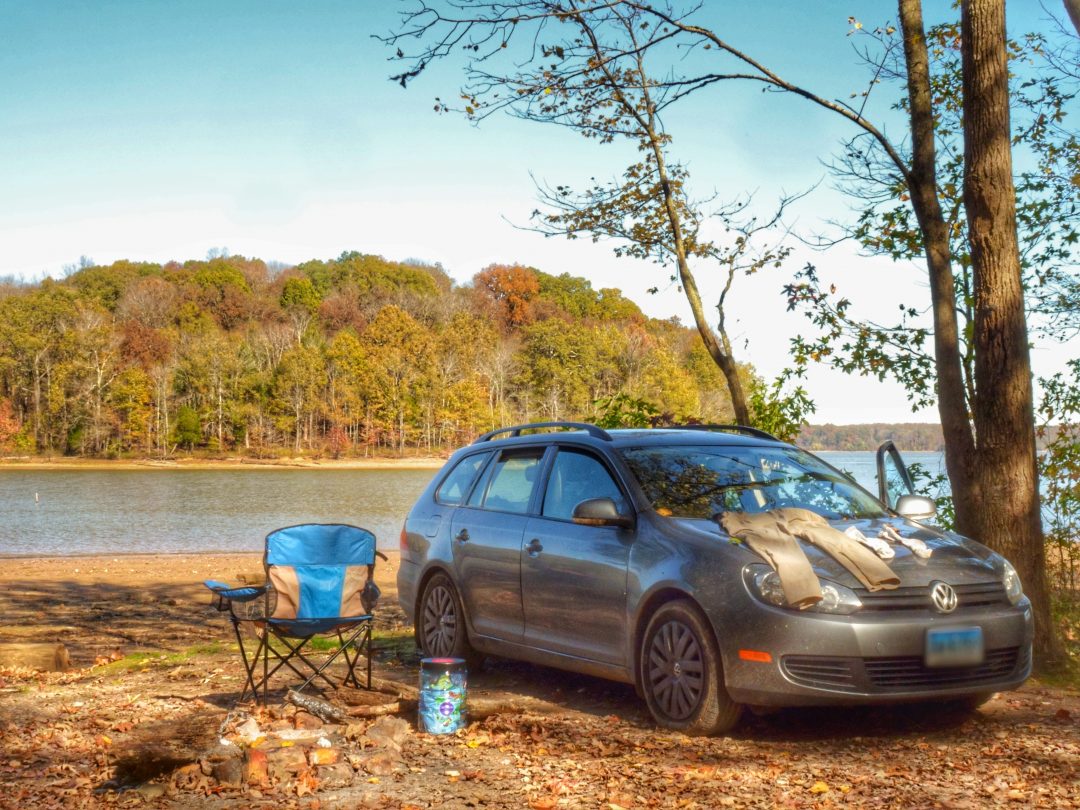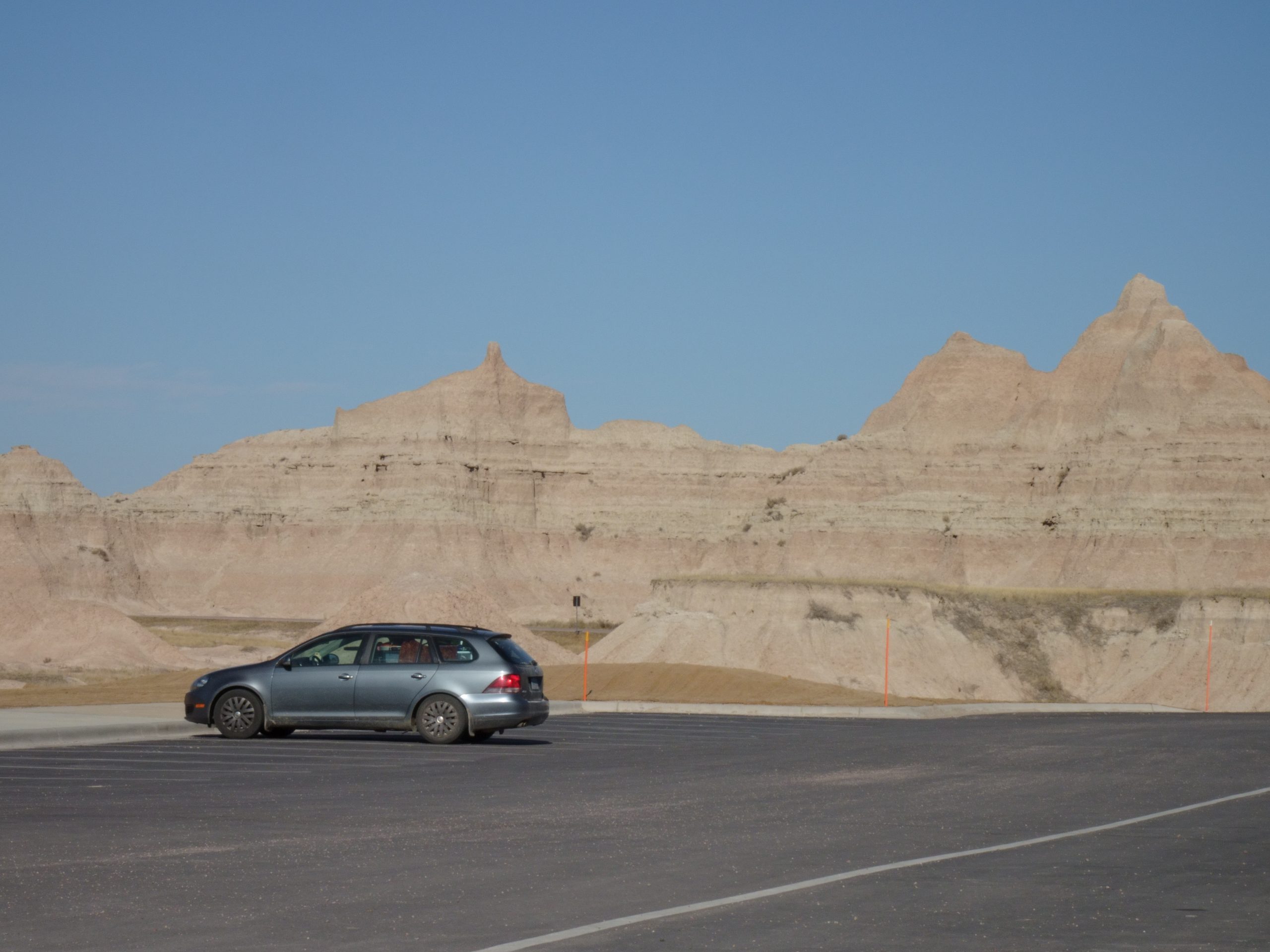Part One
Wait!
Stop! Don’t leave! I promise you haven’t just clicked into a lecture from your freshman philosophy course, or worse, an assignment submitted for that course. For the next two months I’ll be living out of my 2011 Volkswagen Jetta SportWagen and traveling the US. I’ll be camping in national parks, sleeping in Walmart parking lots, and trying to doge the ‘Rona – all hallmarks of a road trip in 2020. If you’ve ever sorted through lifestyle blogs from your workplace cubicle, you’ll immediately recognize this practice as “Van Life” and a prominent example of the pursuit can be found HERE. What you’ve just clicked into is my introduction to the lifestyle by way of examining its merits.
Below, and in this series, is Van Life and Thoreau in simple terms. No complex terminology or extensive ideological history here; just the information needed to discuss ideas that aren’t entirely superficial.
If this is not your thing, no problem. Life’s too short to be slogging through online articles you hate to impress unseen peoples on the internet. I’ll be publishing other articles as this series comes out. But to those of you who do find the title question intriguing, you’re in good company, and I promise to be as direct and as brief as possible.
Why Ask the Question?
Well, a few reasons:
1) From what I’ve seen in my Google searches, there’s not a whole lot written about Van Life philosophy that’s longer than an Instagram tagline. I understand why that is, but still, I thought that the motivations, beliefs, circumstances, and considerations which bring about Van Livin’ is worth exploring; it’s an interesting cultural phenomenon.
2) I think Thoreau would be an ideal person to explore this subject with. He famously altered his lifestyle in an attempt to uncover deeper spiritual meaning for the sake of pleasure. The sort of conscious, intentional action Thoreau championed is a big part of what distinguishes Van Life from RV Life in my view. He summed up the idea by saying:
I know of no more encouraging fact than the unquestionable ability of man to elevate his life by a conscious endeavor.
Henry David Thoreau, Walden
3) I have a terrible guilt complex that shouts at me with the enthusiasm of a Spanish speaking soccer announcer whenever I take self-indulgent trips like this and it helps shut that voice up if I question and clarify the moral worth of my actions with someone smarter than I, even if that someone is dead.
Wrap Up
I’ll explain who Thoreau was, what Van Life is, and, based on that, what the former would think of the latter. I’m expecting this to be a seven part series.
There. No more exposition, only fun from here on out. Because if you’re still reading this then I assume you think philosophical debates on internet forums are fun to read.
Next time I’ll introduce the man himself: Thoreau. I’ll explain what he did, when he did it, and what he means to us today. Look for part two next Thursday (12/3). Until then, be kind to yourself, be kind to others, and safe travels out there.
Dylan



